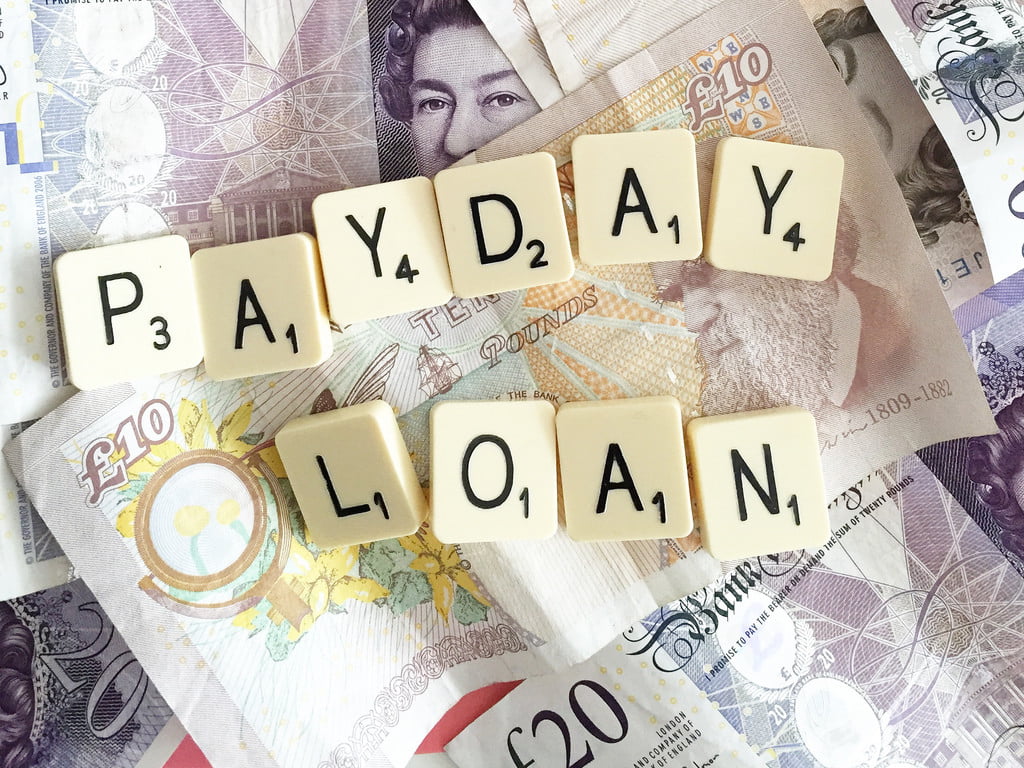
One of the best features that make personal loan a popular choice is that no guarantor or collateral is required for the approval of your application. Availing a personal loan is a simple process and with some NBFCs, you can even submit a loan application online.Just share some basic information and within minutes,you can get an approval for your application and even get the funds disbursed in your bank account.Personal loan has become the most preferred way of arranging instant funds when you are dealing with a financial emergency. However, in order to get an approval, you need to meet the personal loan eligibility criteria laid down by the lender.
Five ways to improve your personal loan eligibility
Although availing a personal loan is easy, you should ensure that you meet the eligibility criteria. If you fall short of the eligibility criteria, as stated by the lender, your loan application can be rejected. Such a rejection from a credit agency will further decrease your credit score and make it difficult for you to get approval for a personal loan again in the future.
To counter this, you need to improve your credit score and increase your chances to be eligible for the loan before filling out the loan application form.
Here are five tips to help you improve your credit score and maximize your chances for a personal loan approval:
Maintaining a positive credit score
Your credit score is the most crucial eligibility element that lenders consider while evaluating your personal loan application. The credit score, a three-digit number from 300 to 900, is the numerical financial summary of your credit and repayment history that determines your creditworthiness.
A score of 700 and above is good as it gives the lender a positive impression about your repayment capacity and intent. A score below 700, on the contrary, projects you as an irresponsible borrower and can result in the rejection of your personal loan application. Even if it is accepted, you will be charged a higher interest rate on your loan as you are considered a high-risk borrower.
Always check your credit score before submitting your loan application. If you have a low credit score, you can work on improving the score by paying all your previous loans and credit card bills on time.In some cases, the low credit score could be due to an error and that can be easily rectified.
Paying off existing debts
Before you avail a personal loan, ensure that you do not have any previous outstanding credit payments or credit card debts. If you already have other credits against your name, securing a loan will be harder. The debt to income ratio is important and if your debt is higher than your income, the loan application will be rejected. Lenders will also consider your day-to-day expenses when evaluating your loan eligibility.
Hence, always try to pay off all your existing dues before applying for a new personal loan. If it is not possible to pay off a loan, ensure your income is higher than the debt.
Choose a longer tenure
Most lending institutions offer a loan tenure ranging from 12 to 60 months. It is advised to choose a repayment period that best suits your financial abilities.
A longer tenure shows that the borrower has more time and repayment capacity to repay the debt. Thus, it increases the chances of timely EMI payments and reduces the risk for the lender.
Hence, prior to settling for a loan, understand the advantages of a longer tenure. Use an EMI calculator or reach out to a customer care executive to understand the impact a longer tenure will have on your monthly installment.
Avoid applying with multiple lenders
When you request a personal loan, lenders conduct an inquiry with a credit bureau like Experian, to determine your risk quotient. Whenever you apply for a new personal loan, such inquiries are recorded in your credit report. More inquiries mean higher chances of your application being met with rejection.
Submitting multiple loan applications gives the lenders the impression that you are a high-risk and credit hungry applicant. It can make them reject your loan request. Therefore, if you want to improve your personal loan eligibility, consider all options and apply with the lender (Bank or NBFC) that fits your requirements and expectations.
Consider all your income sources
Last but not the least; include all your income streams when you settle for a personal loan. This is because having an alternate income stream can increase your chances of loan approval. For example, if you earn some form of variable pay, inform the lender about it and provide an updated record. Besides that, if you have a working spouse, applying for a joint personal loan can further increase your eligibility quotient.
Lending institutions like NBFCs will consider all income sources while reviewing your loan request. The higher the income and more varied the income sources, the higher your loan eligibility will be. As a result, you can apply for the desired loan amount at competitive interest rates. Ensure that you read all the terms and conditions of the loan agreement carefully to avoid any discrepancies in the later stages.
To sum up, eligibility plays a vital role in the approval of your loan application. Taking the above-mentioned steps to improve the personal loan eligibility before applying for a loan is the best way to avoid a rejection and boost the chances of an approval.







